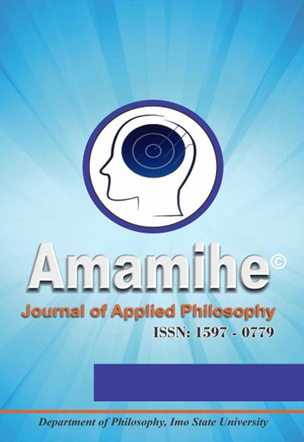
Vol. 23 No. 7, 2025
ABSTRACT
The emergence of Nigerian indigenous leaders signaled the beginning of her social and political problems. These social and political problems of selfish leadership, injustice, corruption, poor representation, problem of common good, neglect of rule of law and others have ravaged the nation’s socio-polity. The socio-polity has been a theatre of uncertainties devoid of social stability and freedom. The major perennial problems confronting Nigeria today are derivatives of her leaders’ failure to comprehend their responsibilities to society and its individual and corporate constituents. This work is an attempt to answer the question: What political theory is best for Nigeria? The answer to this question is informed by the research into varied social and political problems that have bedeviled the Nigerian nation. As answer to these multi-pronged problems, J.S. Mill’s political theory of representative government has been put forward as possible pivot on which stable and enduring social and political structures could be established. This paper is a critical exposure of Nigeria’s social and political problems since independence. To achieve this, the researcher adopts the methods of exposition, description, and evaluation of available literature on J.S. Mill’s representative government and on Nigeria’s social and political problems. It finally points out the implication of J.S. Mill’s political theory of representative government for Nigeria’s search for democracy
